
Product
Besmed TENS BE-660
₨7,500.00Current price is: ₨7,500.00. Original price was: ₨8,500.00.
TENS (transcutaneous electrical nerve stimulation) is a therapy that uses a small, battery-powered device to deliver low-voltage electrical currents to the skin via electrode pads, stimulating nerves to provide temporary pain relief. It works by blocking pain signals from reaching the brain and/or encouraging the release of the body’s natural painkillers, endorphins. TENS can be used for both short-term and long-term pain conditions, such as from arthritis or sports injuries, and can be done at home after instruction from a healthcare professional.
Add to cart
Buy Now
TENS (transcutaneous electrical nerve stimulation) units are used to provide temporary pain relief by sending low-voltage electrical currents through the skin to stimulate nerves, block pain signals, and release the body’s natural painkillers called endorphins. Common uses include managing chronic conditions like osteoarthritis and fibromyalgia, as well as acute pain from sports injuries, post-surgical pain, and even period pain and labor pain. While generally safe, TENS should not be used on the head or chest, over the heart, or on open wounds, and it is not suitable for pain of unknown cause.
Conditions TENS Can Help With
Musculoskeletal Pain: Arthritis, tendonitis, bursitis, back pain, and neck pain.
Neuropathic Pain: Pain from diabetes-related nerve damage (neuropathy), spinal cord injuries, and other nerve issues.
Chronic Pain: Conditions like fibromyalgia and chronic pelvic pain.
Acute Pain: Pain from sports injuries, post-operative recovery, and certain types of cancer pain.
Specific Situations: Period pain and pain during childbirth.
How TENS Works
Blocks Pain Signals:
Electrical currents stimulate large nerve fibers, which intercept and block the transmission of pain signals from the affected area to the brain.
Releases Endorphins:
The stimulation also encourages the body to release natural pain-killing chemicals called endorphins, which reduce pain perception.
Important Precautions
Avoid Certain Areas: Do not use TENS units on the head, chest, or near the heart, carotid arteries, or tumors.
Contraindications: Do not use if you have an implanted electrical device (like a pacemaker) or have a known cardiac arrhythmia.
Skin Condition: Avoid using on broken or irritated skin.
Pregnancy: Generally avoid, except under guidance for labor pain…
Unknown Cause of Pain: Do not use if the cause of your pain is unknown; see a healthcare professional first…
Water: TENS units are not compatible with water and should not be used in or around it…
| Weight | 0.5 kg |
|---|



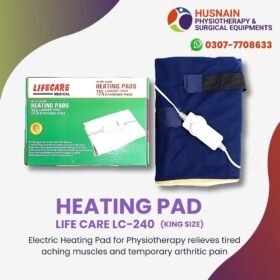


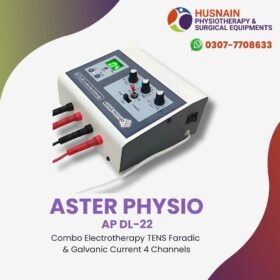

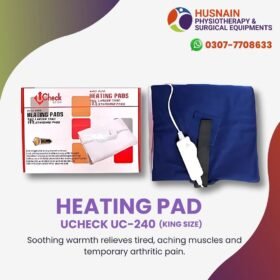
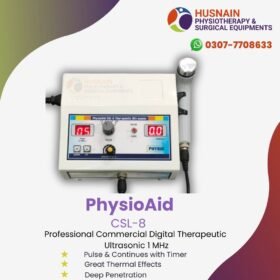
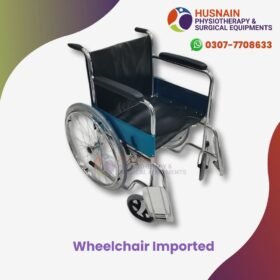
Reviews
There are no reviews yet.